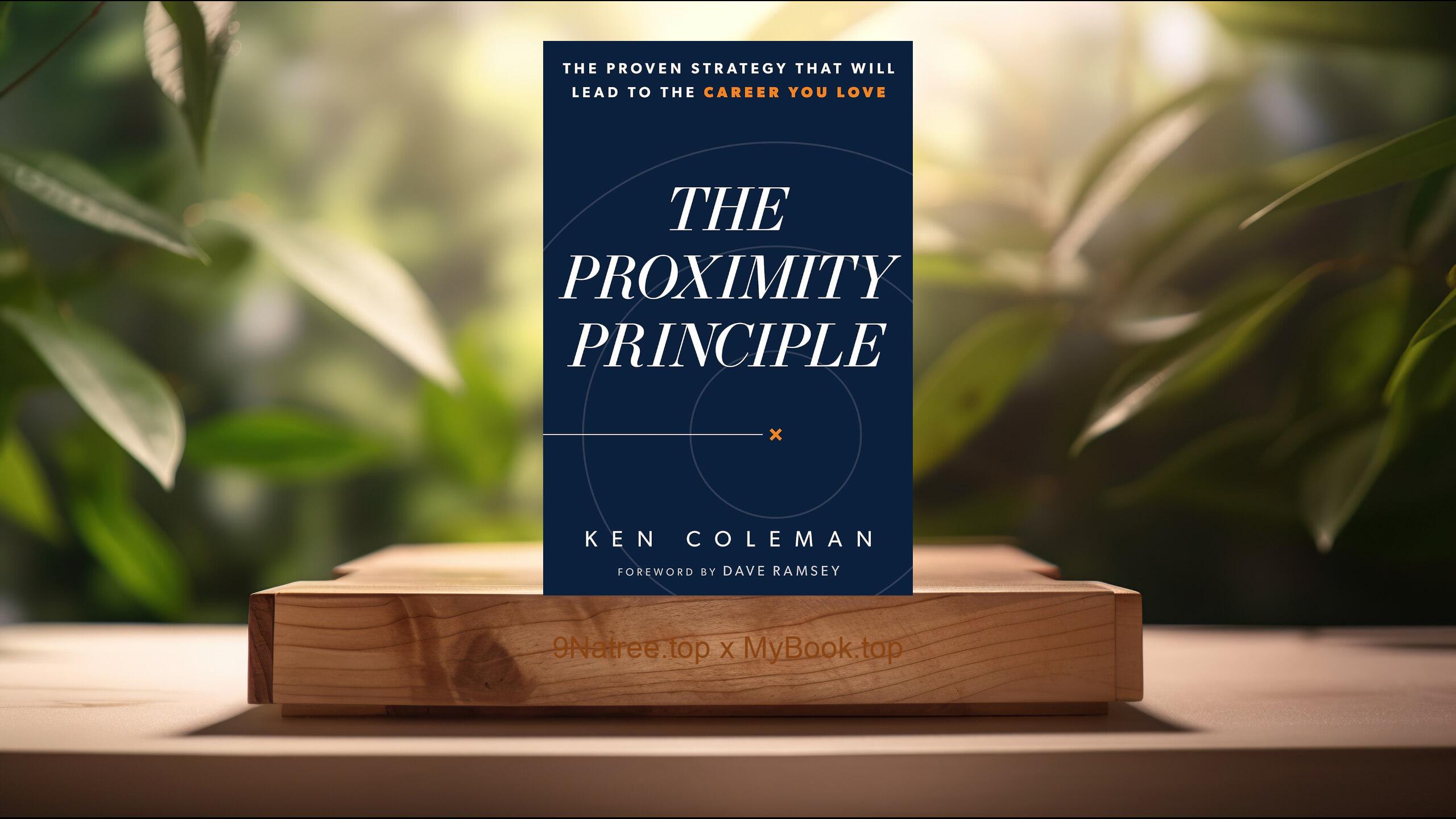Show Notes
Buy on Amazon: https://www.amazon.com/dp/B011H56MKS?tag=9natree-20
Read more: https://mybook.top/read/B011H56MKS/
#deliberatepractice #expertisedevelopment #growthmindset #mentalrepresentations #personaldevelopment #skillmastery #innatetalentmyth #purposefulpractice
These are takeaways from this book.
Firstly, The Myth of Innate Talent, One of the central tenets of 'Peak' is the debunking of the commonly-held belief that exceptional abilities are primarily the result of innate talent. Ericsson presents compelling evidence that the key differentiator between the 'good' and the 'great' is not some inborn talent, but rather, the amount and type of practice they engage in. Through numerous case studies and research findings, the book demonstrates how deliberate practice—defined as purposeful and systematic training—can lead to extraordinary achievement. This shifts the focus from a fixed mindset, where abilities are thought to be unchangeable, to a growth mindset, where continuous improvement through effort is emphasized.
Secondly, Deliberate Practice, Deliberate practice is the linchpin of achieving expertise, according to 'Peak'. This concept involves engaging in structured activities designed specifically to improve performance, receiving immediate feedback, and constantly pushing oneself beyond current capabilities. The book meticulously explains how deliberate practice differs from mere repetitive task performing, highlighting the importance of mental representation and the development of highly specific, nuanced understandings of the skill being cultivated. By dissecting the elements of deliberate practice, Ericsson and Pool provide readers with the insights necessary to apply these principles to their own learning processes, regardless of the domain.
Thirdly, The Role of Coaching, Ericsson’s research underscores the indispensable role of coaching in achieving expertise. 'Peak' discusses how expert coaches or mentors guide learners through the nuances of deliberate practice, providing critical feedback that helps refine skills and overcome plateaus. The book explores the characteristics of effective coaching relationships and how mentors can help develop the mental representations necessary for advancing skill levels. Moreover, it highlights how coaches not only facilitate technical skill improvement but also play a crucial role in motivation and the psychological aspects of mastering a discipline.
Fourthly, Mental Representations, A significant portion of 'Peak' delves into the concept of mental representations, an advanced form of memory and visualization that experts use to enhance their performance. Ericsson illustrates how these detailed and highly structured mental images allow individuals to anticipate potential challenges, plan their actions, and execute skills with a high degree of precision. The development of these representations is a result of continuous deliberate practice, and they serve as a framework through which experts organize and access their knowledge. This topic underscores the cognitive dimension of expertise, illustrating how mastering a skill involves not just physical, but also substantial mental development.
Lastly, The Power of Purposeful Practice, Beyond deliberate practice, 'Peak' introduces the concept of purposeful practice—a slightly less rigorous, yet still highly effective approach for skill improvement in early stages or less competitive environments. Purposeful practice involves setting specific goals, focusing attention on the task at hand, and employing feedback mechanisms, but does not necessarily require the intense, systematic approach of deliberate practice. This distinction provides a more accessible entry point for individuals looking to improve in their chosen fields, making the principles of 'Peak' applicable to a broader audience. The discussion on purposeful practice offers practical advice for anyone looking to start their journey towards expertise.
In conclusion, Anders Ericsson’s 'Peak: Secrets from the New Science of Expertise' is a compelling read for anyone passionate about personal development, education, coaching, or the psychology of achievement. By debunking the myth of innate talent and highlighting the power of deliberate and purposeful practice, Ericsson offers hope and guidance to individuals aspiring to reach their full potential in any discipline. The book is particularly beneficial for educators, coaches, and learners in any field who are seeking evidence-based methods to enhance their practice and achieve excellence. Through its insightful analysis and actionable advice, 'Peak' empowers readers to embark on their own journeys towards mastery, making it an invaluable resource for anyone committed to lifelong learning and self-improvement.
![[Review] Peak: Secrets from the New Science of Expertise (Anders Ericsson) Summarized](https://episodes.castos.com/660078c6833215-59505987/images/1703036/c1a-085k3-v08808kgijx7-rgifb0.jpg)




